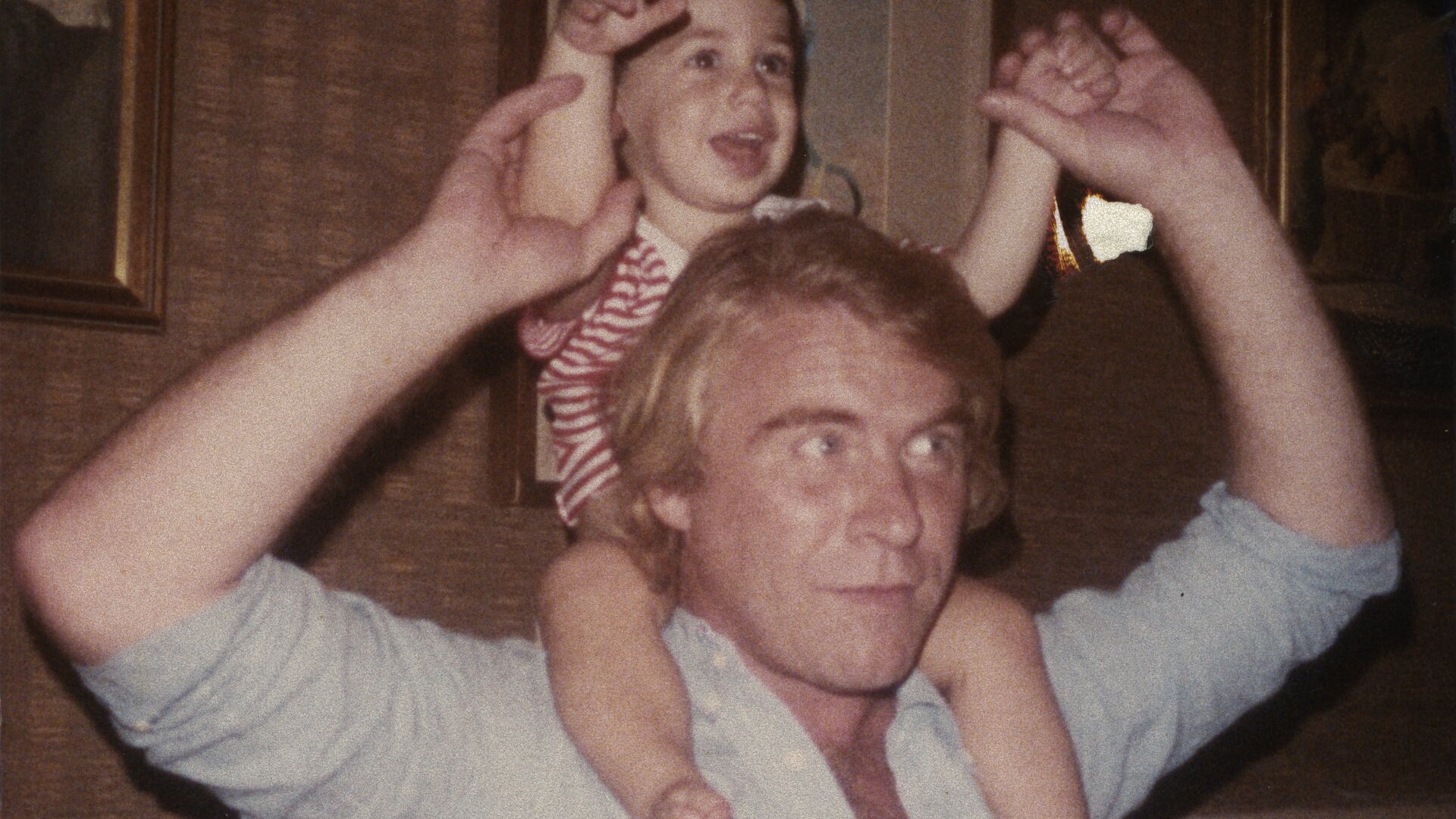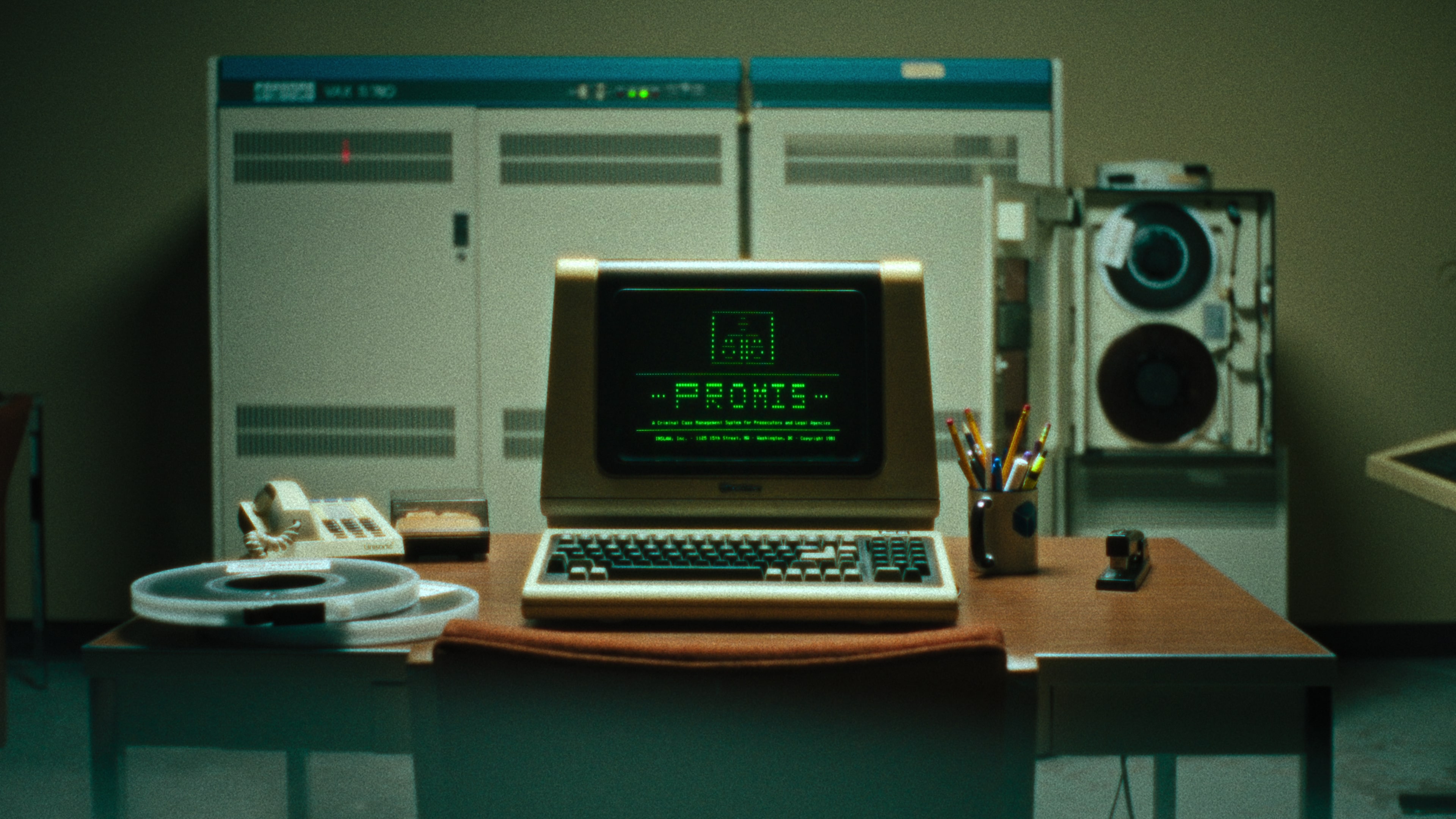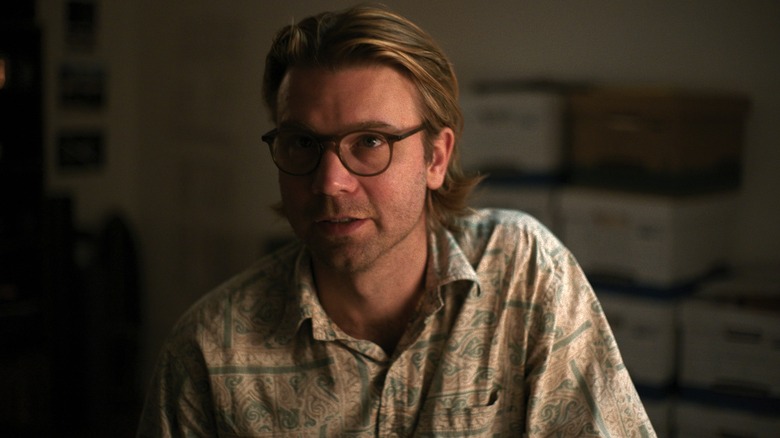This Is The Shocking New Conspiracy Docuseries That Netflix Viewers are Obsessed With
It starts the way good journalism so often does, with someone making a telephone call. In this case, that someone is photojournalist Christian Hansen — and, as his Netflix docuseries gets rolling, we see him hunched over his iPhone in conversation with an unnamed detective on the other end. Hansen is asking about the detective's work on a particular case years ago, one that sounds like it ought to be the title of a gruesome Stephen King story: The Octopus Murders. "It's a tough case to talk about," the detective responds, seeming to choose his words carefully.
Hansen prods him to keep going.
"Listen. I don't know who you are. I don't know what it is you think you're gonna do ... but you're not gonna do it."
So begins American Conspiracy: The Octopus Murders, a creepy, four-part Netflix investigation from director Zachary Treitz into the gruesome death of a journalist who, in hindsight, seemed to know too much about a sprawling political conspiracy. That reporter — 44-year-old Danny Casolaro, who wrote for the trade publication Computer Age — had been found dead in the bathtub of a Sheraton hotel in West Virginia, his wrists slashed deep enough to sever tendons and with a bag over his head.
It's a scene that sets off some obvious red flags, and probing them anew helps turn this Netflix release into a head-spinning tale about power, corruption, and psyche-warping conspiracy theories. "It's like a horror movie in some respects for me, getting sucked into a story like this," Treitz says in a Netflix promotional interview.

To believe that Casolaro (who, by the way, we're told had a major fear of blood and needles) could have done that to himself is to ignore, for starters, the presence of blood in strange places around the room if it's true that he'd killed himself in the bathtub. Then there's the creepy revolution from Casolaro's brother; it seems that a few weeks before he died, Casolaro had warned that something might happen to him.
It was on account of the fact that the journalist was trying to untangle the players and mystery behind a sprawling conspiracy he'd dubbed "The Octopus," one whose tentacles (he believed) touched everything from murder to money laundering, drug trafficking, stolen spy software, and even Ronald Reagan's White House.
This is a super-complicated story to try and summarize — but, basically, its impetus is the federal government abruptly deciding to stop paying a company behind case-tracking software for law enforcement agencies two years into a three-year contract. The breakup was so sudden and antagonistic, ultimately forcing the company into bankruptcy, that the head of the company figured there must be a deeper story behind it all. That is, a deeper "dirty" story behind it all.

Here, Casolaro enters the picture. His investigation into why the government wanted that software so badly leads him to uncover all sorts of skulduggery in the shadows of power. We're talking spies, fixers, and so much more. "I hope that (the series) will inspire people to do real, heavy research and write (Freedom of Information Act requests) and really dive in if they want to know the answer to something," Hansen tells Netflix. "What we did, it was a fascinating and fun process, very rewarding."
Viewers, meanwhile, have been eating it up. American Conspiracy: The Octopus Murders has become a true-crime sensation following its release at the end of February, racking up millions of hours viewed on Netflix — to the point that it's now one of the streamer's biggest series in the world this week.
Netflix's latest global viewing data, released weekly and last updated today, shows the docuseries having racked up 14.5 million raw hours viewed on the streamer. That makes the series, produced by Duplass Brothers Productions with Stardust Frames Productions, the #4 Netflix series in the world this week, just behind big new releases like Love is Blind's sixth season and Avatar: The Last Airbender.
